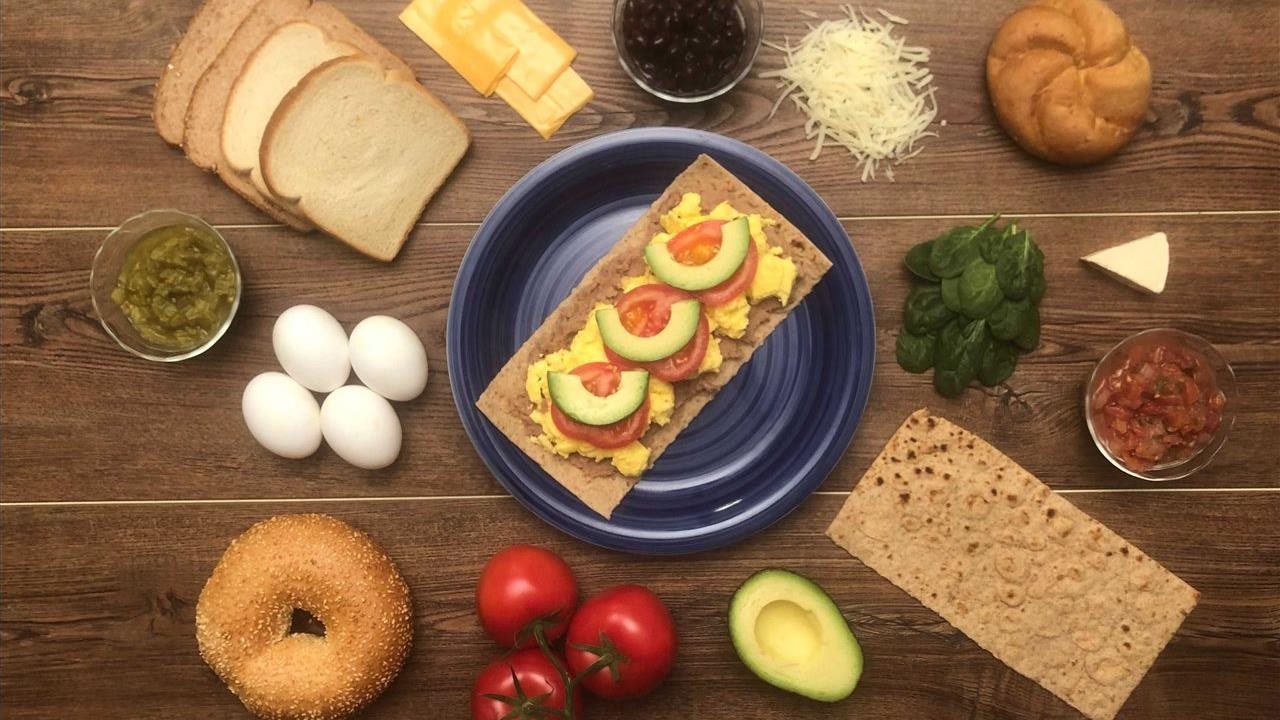
(BPT) – As most Americans have heard by now, whole grains are good for us — dietary guidance tells us to “make half our grains whole,” cereal boxes and bread bags tout their whole grain goodness, and news headlines repeat the message.
Whole grains do provide a host of health benefits — for example, the dietary fiber that they deliver supports a healthy heart, gut, and even weight by helping you feel full between meals.
But if whole grains are so good for us, what about the other half, the non-whole grains? Enriched refined grains not only deliver vital nutrients but also offer the versatility and affordability that allows you to easily and affordably satisfy the entire family.
1. Foods made with refined grains, which are often mislabeled as something to limit or avoid, are also an essential part of a healthy diet.
This is true because millers enrich these grains by replacing nutrients that are lost during the milling process, and sometimes adding nutrients that weren’t even there before — so enriched refined grains have essential nutrients like B vitamins, iron, folic acid, and yes, even dietary fiber!
Each of these nutrients is key to living a healthy life at all ages, and recent scientific research shows that eating grain foods made with both whole grains and enriched refined grains — everything from cereal and bread to pretzels and crackers — helps us get enough of them. In fact, almost 40% of our dietary fiber comes from refined grain foods.
“Americans need to know the many benefits of including both whole grain and refined grain staple foods in their diets,” says Dr. Glenn Gaesser, a researcher with the Grain Foods Foundation. “Make-half-your-grains-whole dietary guidance is sound, but the rare research that studies staple refined grain foods, like bread and cereal, shows that they are far from being the ‘bad guy.’ And as everyone will be glad to hear, there’s even room for ‘indulgent’ grain foods, like cookies and cakes, in a healthy diet as long as you enjoy them in moderation.”
2. You can’t beat grain foods when it comes to value.
“It can be tough to prepare nutritious meals every day when you’re on a tight budget, but staple grain foods are one of the most affordable sources of high-quality calories and nutrients,” says Sylvia Melendez-Klinger, Founder of Hispanic Food Communications. “Plus you can find them almost anywhere, from convenience stores to dollar stores, and feel good knowing that you’ll always be getting great nutritional bang for your buck.”
3. You don’t need to worry about satisfying picky eaters because grain foods are incredibly versatile, serving as a plant-based part of every breakfast, lunch, and dinner.
To get some inspiration for a meal that’s both delicious and nutritious, try the recipe below — whatever grain food and fillings (or toppings!) you choose, it’s the perfect way to start your day!
To learn more about grain foods’ role in a healthful diet and see more recipes, visit GrainFacts.com.
“Build-a-Better Breakfast”
This easy, nutrition-packed breakfast flatbread recipe features protein, fruits and vegetables — and of course, grains!
Ingredients
- One slice flatbread
- 1/2 cup canned nonfat refried beans
- 2 large eggs or 2/3 cup egg substitute, scrambled
- 1/2 medium tomato
- 3-4 avocado slices
Not only is it delicious and nutritious, but it offers limitless options for simple swaps to satisfy yourself and your family:
- Rather than flatbread, layer ingredients onto a bagel, toast or wrap
- Swap the tomatoes for your favorite salsa
- Substitute the beans and avocado for spinach and cheese
- Not a fan of refried beans? Black beans also provide a protein punch
Bon appetit!
